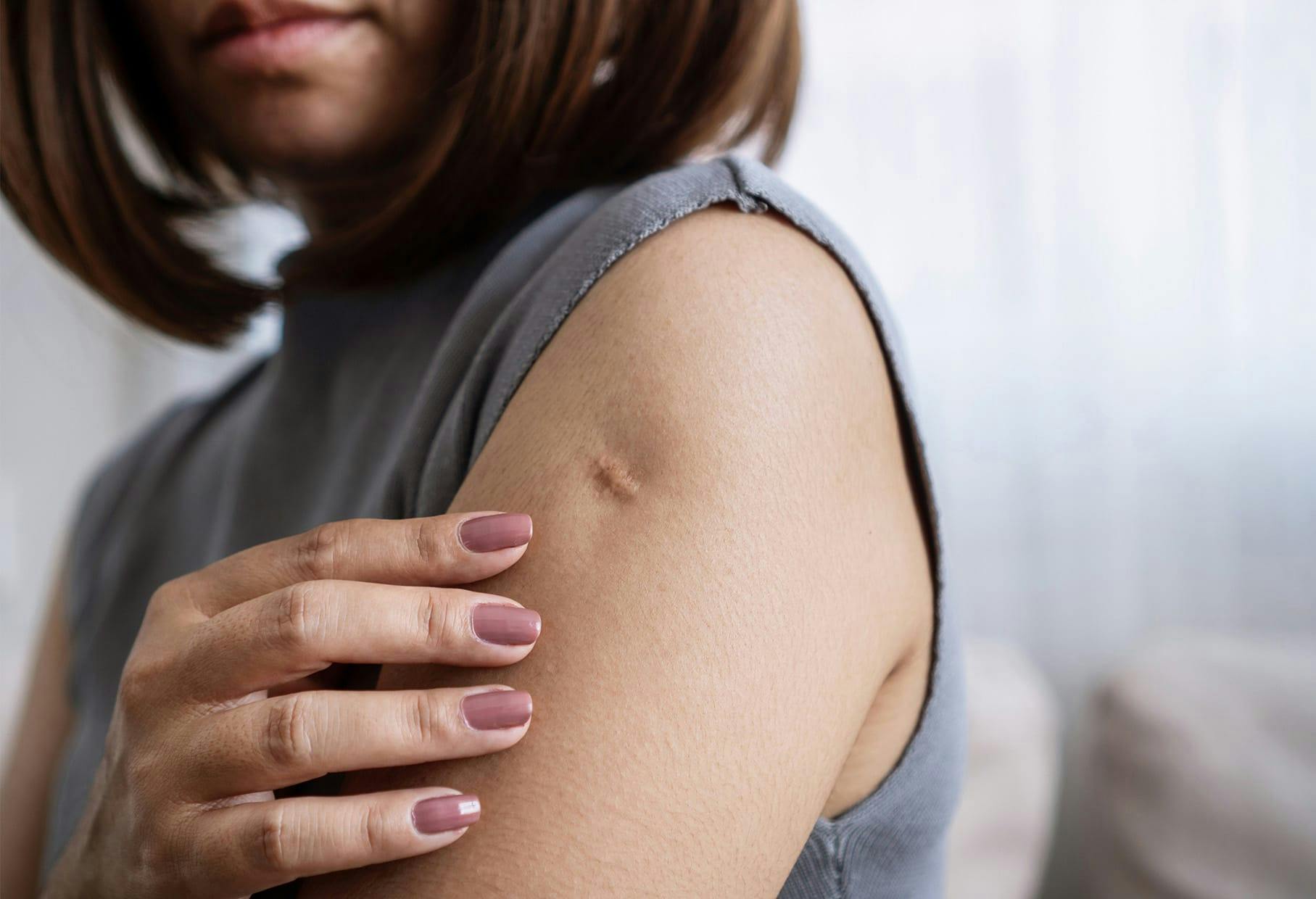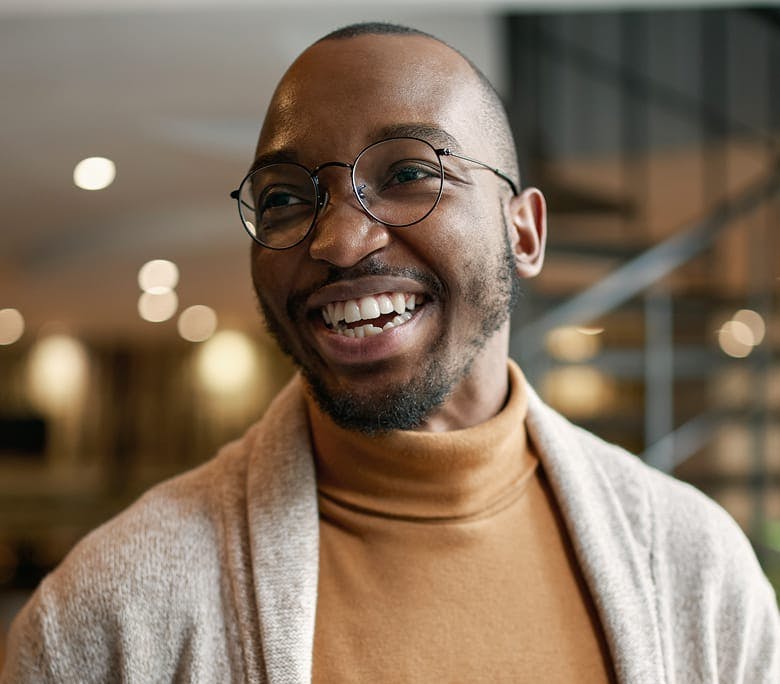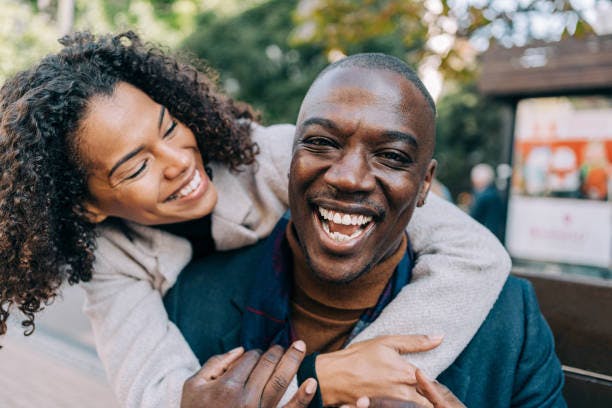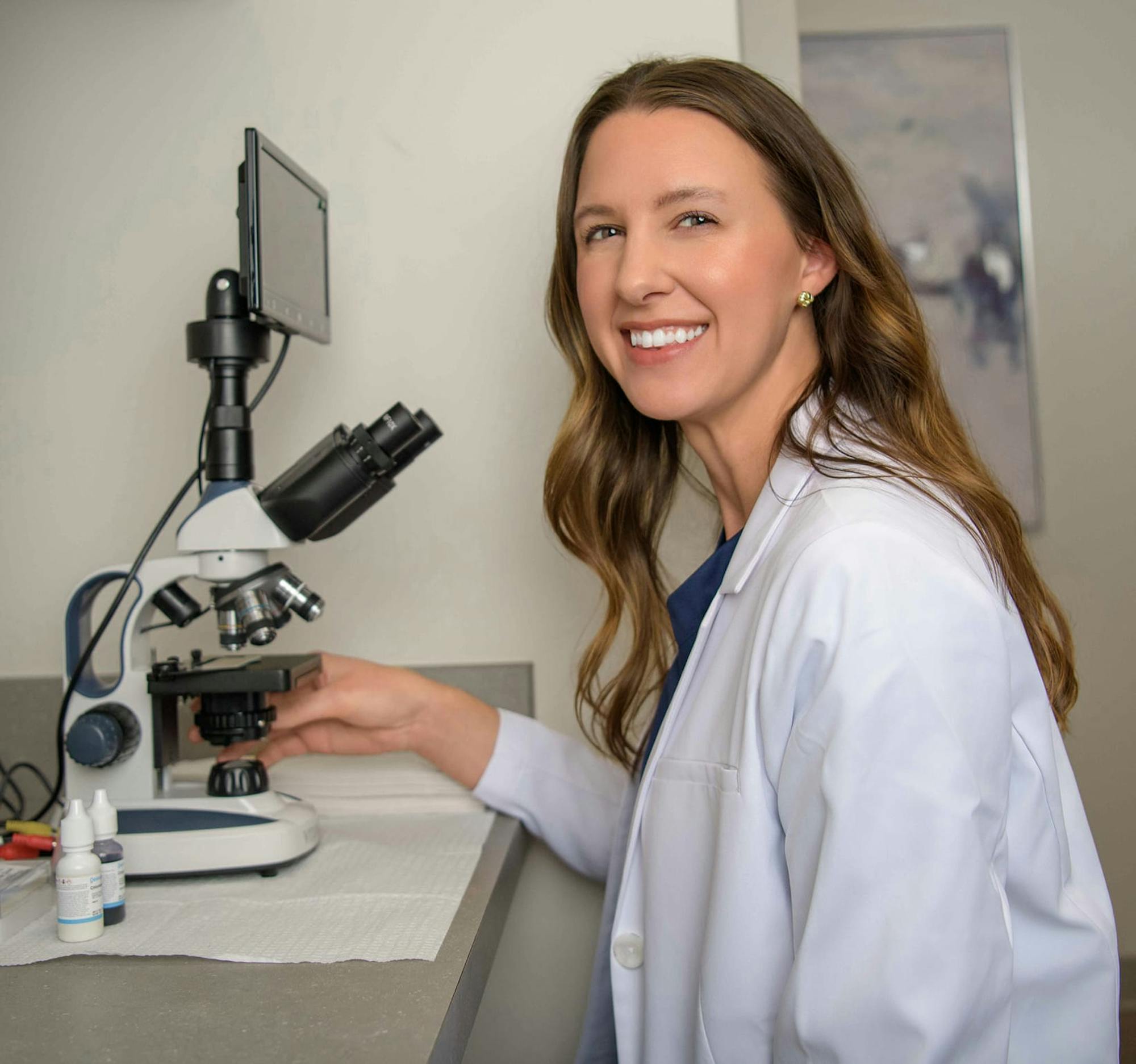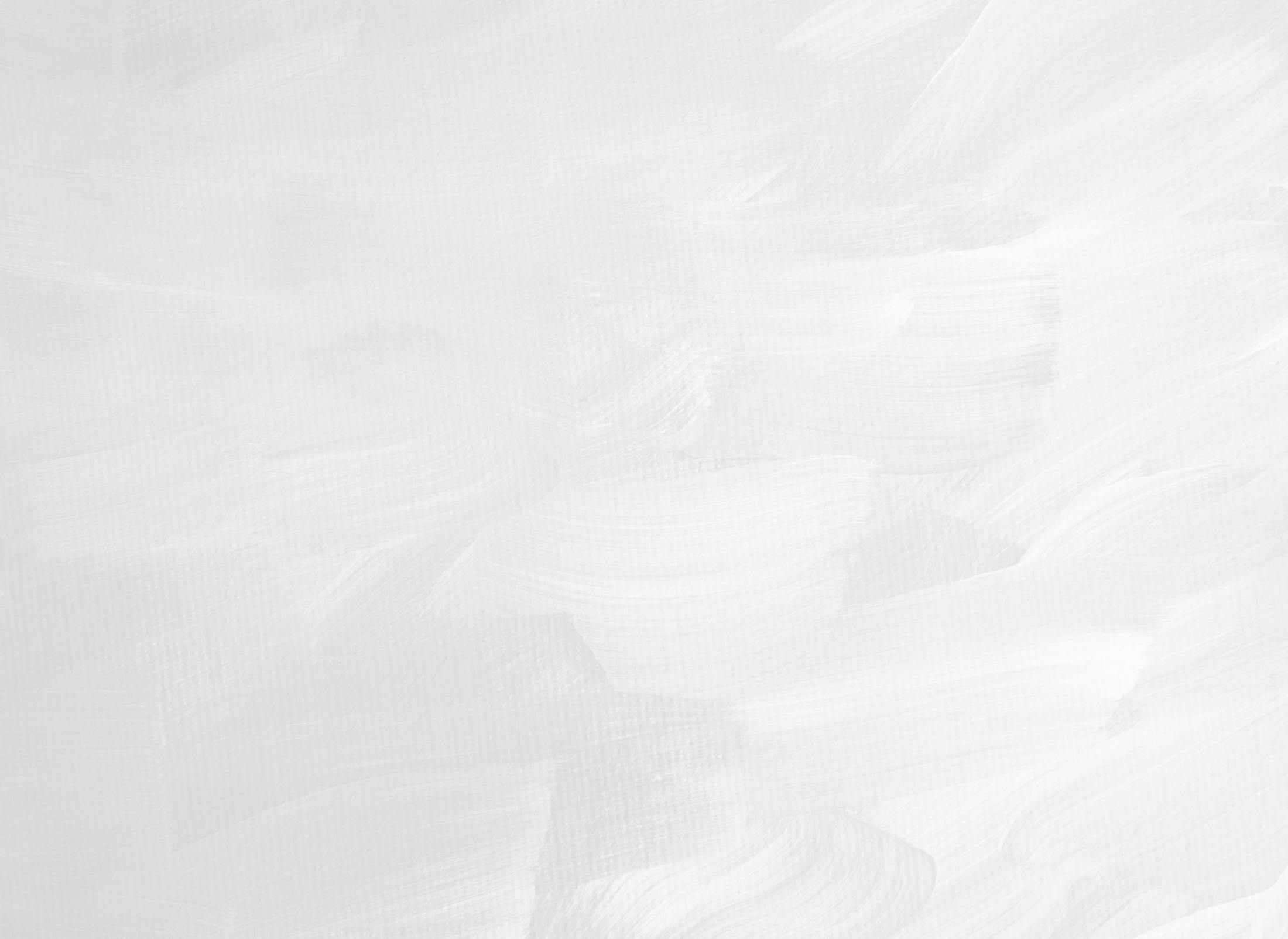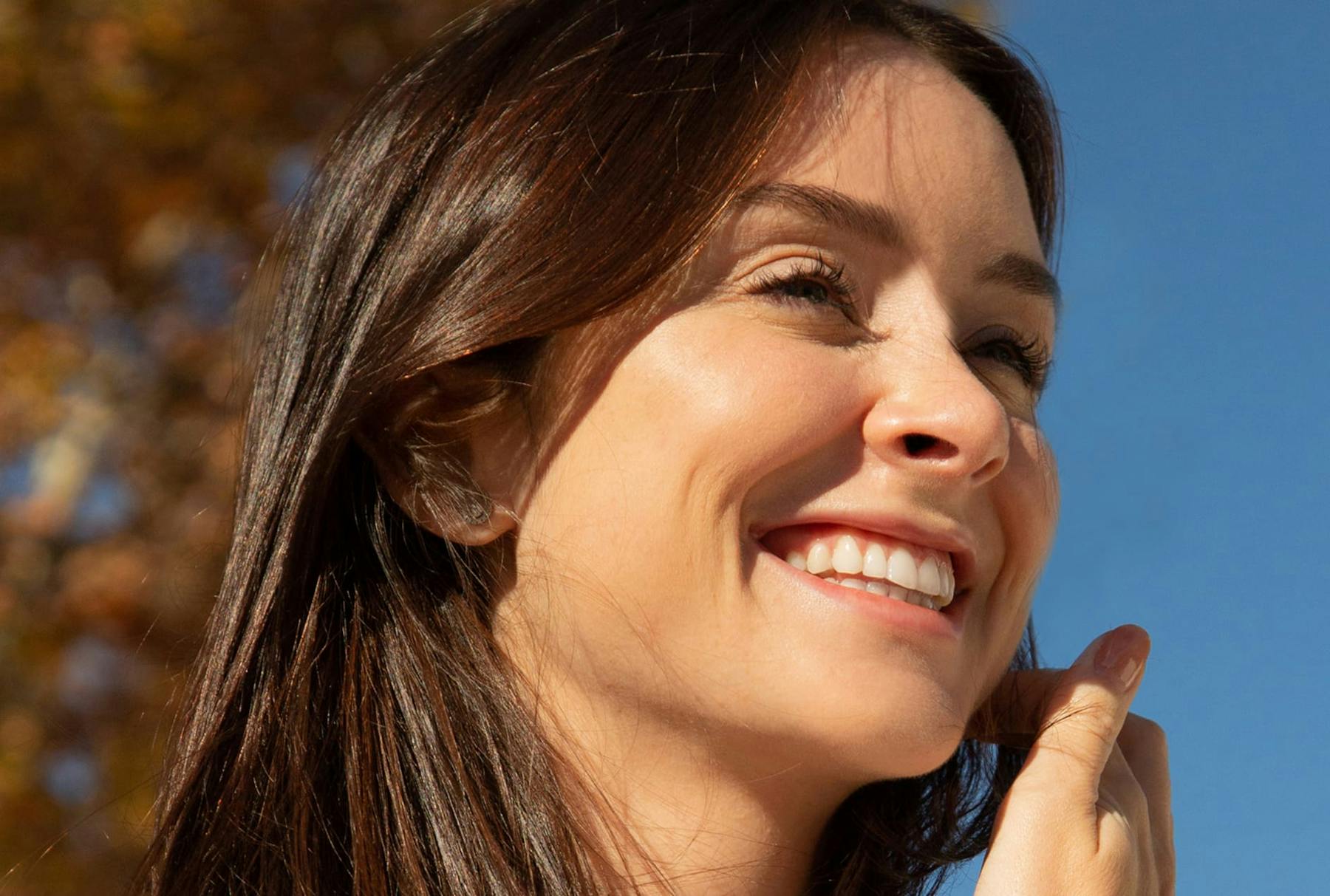Scars and keloids form as part of the body’s healing process, but when they become raised, thickened, or cosmetically distracting, targeted treatment can help smooth their texture and reduce their appearance over time.
Understanding Scars and Keloids
Scars form when the skin repairs itself after trauma. Keloids and hypertrophic scars occur when that healing response is overactive. While not dangerous, they may be itchy, painful, or emotionally distressing, especially in highly visible areas like the chest, shoulders, or face.
We offer several options for scar removal in Lawrenceville, GA, including injections, topical treatments, laser therapy, and minor procedures. Each is selected based on the scar’s type, size, and depth.
